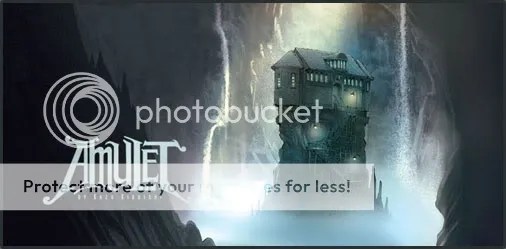By Savannah J. Foley
~~~
 Where writing is concerned, I didn’t make a good transition from teenager to adult. When I was in high school, I read two books a day and spent all evening entertaining myself with writing. After I graduated, the mix of a full-time job and occasional night classes left me with no access to free books, and little budget to purchase them. (True, I could have gotten a library pass, but for some reason public libraries freak me out. I know, it’s totally unbecoming a writer, but I can’t help it.)
Where writing is concerned, I didn’t make a good transition from teenager to adult. When I was in high school, I read two books a day and spent all evening entertaining myself with writing. After I graduated, the mix of a full-time job and occasional night classes left me with no access to free books, and little budget to purchase them. (True, I could have gotten a library pass, but for some reason public libraries freak me out. I know, it’s totally unbecoming a writer, but I can’t help it.)
As a result, I’ve read very few books over the past three years, but I didn’t understand the consequences of this until recently.
A few months ago, I was gifted with an e-reader (I blogged about it here). E-books are fairly cheap, and I thought that this was my opportunity to get back on the reading bandwagon, but I slacked off. Then, a few weeks ago, I had to fly to New York for a family reunion, and brought my trusty Nook along with me so I could read on the plane. There, with a newly-purchased, digital copy of The Girl with the Dragon Tattoo (which I highly recommend), I came to a horrifying realization: I had forgotten how to teleport.
Words on the virtual page weren’t translating directly into images. I wasn’t immersing in the world, or story. Instead, I was very conscious of how individual words looked, and kept getting distracted by noises around me, or the feel of my seatbelt or armrest. I thought, ‘this must be how people who don’t like to read feel!’ I could never understand before why people in my English classes would complain about hating to read. Not being able to mentally teleport into the book was surprisingly un-fun. I just wasn’t getting into it.
So, I buckled down and made myself keep reading. I was so thankful when my mental teleportation device came back. I resolved that whatever else, I must keep reading.
Since then, I’ve kept my Nook with me everywhere. I read on my lunchbreak, at stoplights, while cooking dinner, etc. I got through the Girl with the Dragon Tattoo series, and read Stephen King’s It, which was a life-long goal of mine.
And I noticed a change in my mental behavior. I found myself daydreaming more, going off in tangents inside my head that had to do with stories. I composed poetry to myself as I was going to sleep. When I sat down to write, I felt like I had ideas in me ready to pluck, instead of being an empty container. In short, my creative juices were flowing again.
This was a hard-learned lesson, but a valuable one: As a writer, you MUST keep reading in order to stay inspired. Your mind is like a lake; you must have inspiration flowing through in order to not go stagnant.
I thought I could survive as a writer without reading, but I was wrong. Don’t make my same mistake.
~~~
“Reading is to the mind what exercise is to the body.” – Joseph Addison
~~~
Savannah J. Foley is the author of the Antebellum (originally known as Woman’s World) series on Fictionpress. She has written five novels, owns her own freelance writing company, and is signed with the Bradford Literary Agency. Antebellum is currently out on submissions. Her website is www.savannahjfoley.com, but she updates more frequently on her livejournal.

















 Like most writers out there, when I daydreamed of my first book deal, I dreamed BIG. Ferraris, a mansion in Maui and a villa in Tuscany, a live-in chef to make me gourmet mac and cheese whenever I wanted. No joke. I fantasized about making enough money off my books that I could write full-time and never have to work again.
Like most writers out there, when I daydreamed of my first book deal, I dreamed BIG. Ferraris, a mansion in Maui and a villa in Tuscany, a live-in chef to make me gourmet mac and cheese whenever I wanted. No joke. I fantasized about making enough money off my books that I could write full-time and never have to work again.

 LTWF Facebook
LTWF Facebook LTWF Twitter
LTWF Twitter